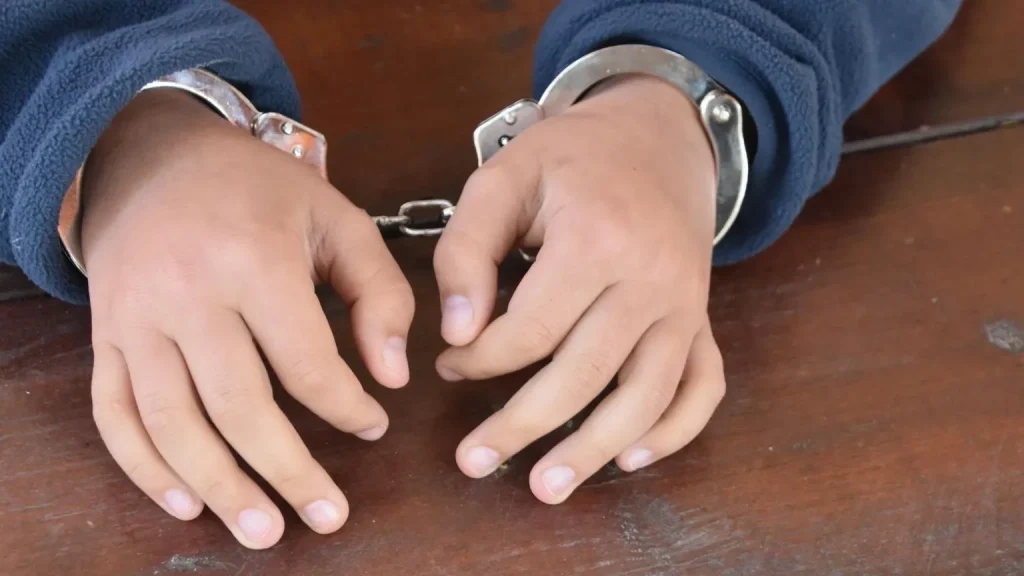
The Australian state of Queensland has passed controversial laws that allow children as young as 10 to face the same penalties as adults for serious crimes such as murder, assault, and break-ins. The government claims the move responds to “community outrage over crimes being perpetrated by young offenders” and aims to deter youth crime.
Premier David Crisafulli, whose Liberal National Party (LNP) made the legislation a key campaign promise, stated, “These laws are for every Queenslander who has ever felt unsafe and been a victim of youth crime across our state.” The government has dubbed the reforms “adult crime, adult time,” listing 13 offenses now subject to harsher sentences, including mandatory life detention for murder with a non-parole period of 20 years.
Previously, young offenders convicted of murder faced a maximum of 10 years in jail, with life sentences reserved for particularly heinous cases. The new laws also remove provisions favoring non-custodial sentences for children, such as community service or fines, and allow courts to consider a child’s full criminal history during sentencing.
However, critics argue the reforms contradict evidence and international law. Research indicates that harsher penalties do not deter youth offending and can worsen recidivism rates. Australia’s commissioner for children, Anne Hollonds, labeled the laws an “international embarrassment,” highlighting that Indigenous children, already disproportionately represented in the justice system, would bear the brunt of the changes.
“The younger a child comes into contact with the justice system, the more likely it is that they will commit more serious crimes in the future,” Hollonds said.
The United Nations has also condemned the laws, saying they disregard conventions on children’s rights and violate international standards. Legal experts have warned of unintended consequences, such as children being less likely to plead guilty, leading to more trials and court delays.
Queensland already detains more children than any other Australian state or territory. Attorney-General Deb Frecklington admitted the reforms would increase pressure on detention centers and police cells but claimed they provide courts with tools to “better address patterns of offending” and hold offenders accountable.
Notably, data from the Australian Bureau of Statistics and the Queensland Police Service contradict claims of a youth crime wave. Youth offending in Queensland has halved over the past 14 years, reaching its lowest rate in recorded history in 2022 and remaining steady since.
Despite these figures, the Queensland Police Union called the changes “a leap forward in the right direction.” Meanwhile, Premier Crisafulli acknowledged the strain on the system but promised a long-term plan to expand detention facilities and explore alternative options.








